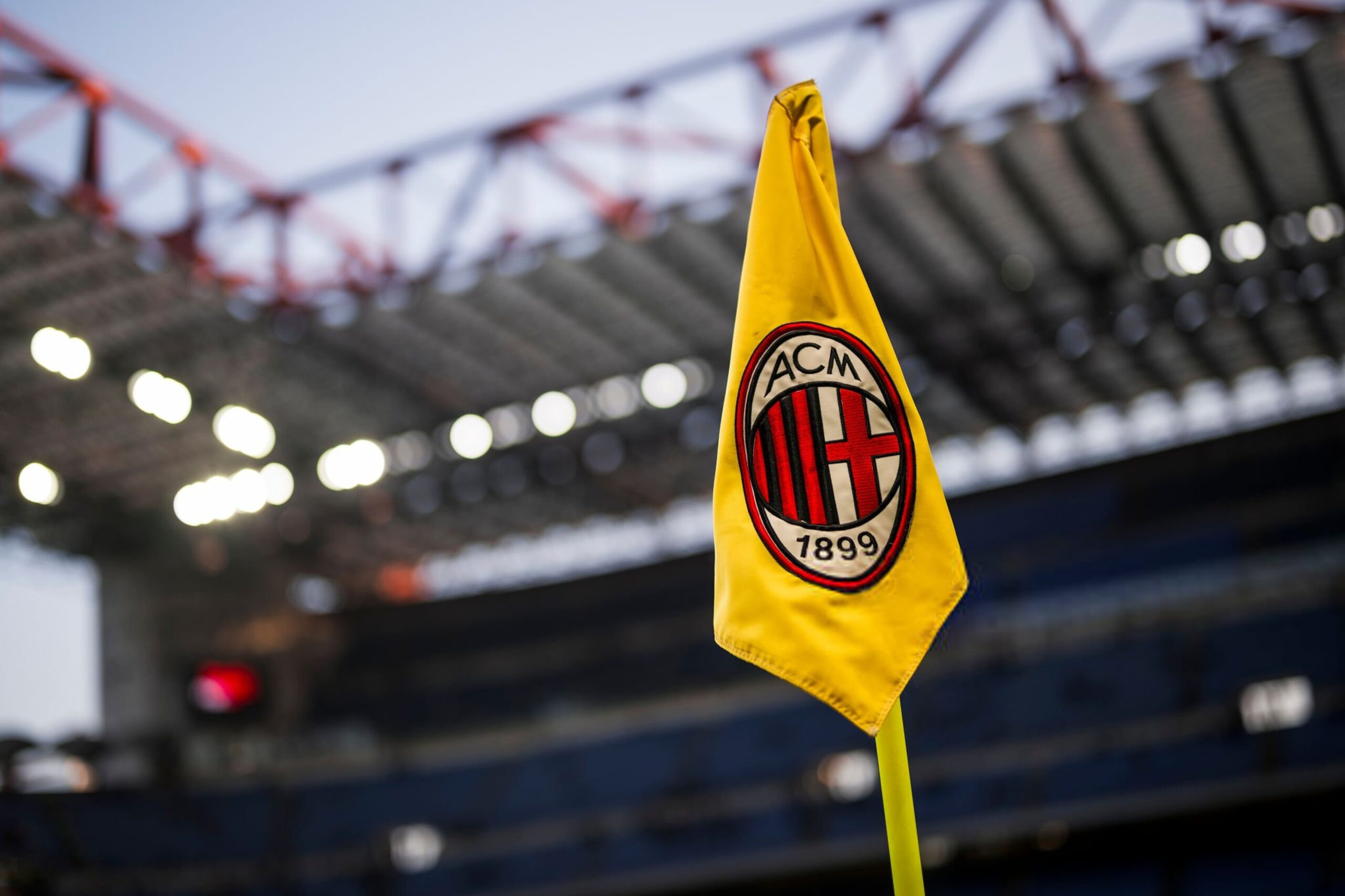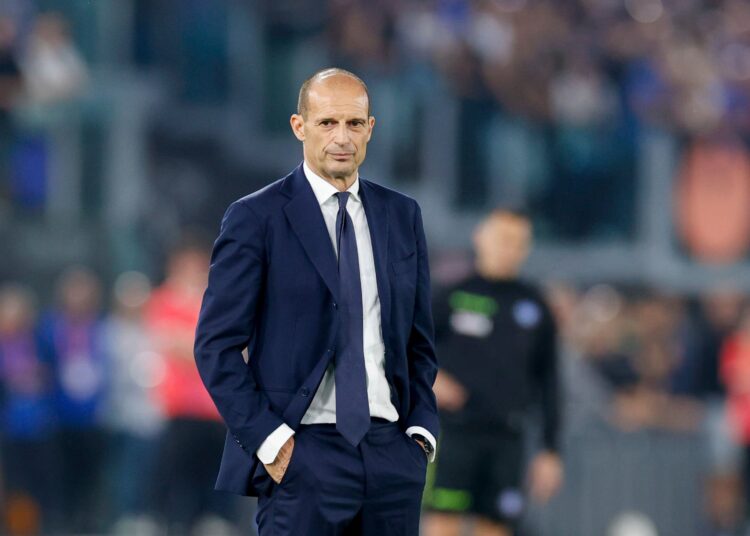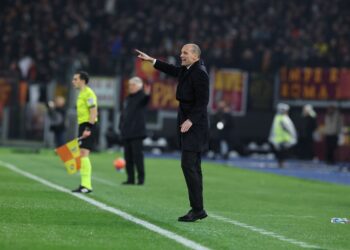Massimiliano Allegri will be the fifth coach in Milan's post-World War II history to sit on the Rossoneri bench on two separate occasions. The coach from Livorno thus adds his name to a prestigious list of predecessors, such as Fabio Capello, Arrigo Sacchi, Nereo Rocco, and Nils Liedholm. Despite being managers who brought much success to the club, their second stints mostly resulted in disappointing outcomes.
With the incoming transfer market still being finalized and the squad yet to be completed, it is not easy to predict whether Allegri will be able to outperform the aforementioned coaches in their second experiences with Milan. At the same time, there is a certain level of confidence coming from the bookmakers: agencies and platforms specializing in sports betting, such as Netbet, place Milan just behind the main favorites to win the Scudetto (in order: Napoli, Inter, and Juventus).
Sacchi and Capello: two bitter returns
As previously mentioned, the track record of returning managers is not particularly flattering, as it produced results far from memorable. The two most recent cases concern Fabio Capello and Arrigo Sacchi, who alternated on the Rossoneri bench several times during the 1990s.
The "Magician of Fusignano" returned to Milanello in December 1996, after resigning as Italy’s national team coach. He inherited the team that had been entrusted to Tabarez at the start of the season; his debut was a nightmare: on December 4 at San Siro against Rosenborg, Milan suffered a shocking 2-1 defeat that relegated them to third place in Group D of the Champions League. Milan, who only needed a win to progress, were therefore eliminated. Things didn’t go much better in the league: performances were inconsistent, worsened by a derby loss (3-1) and a crushing 6-1 home defeat to Juventus. At the end of the season, Milan finished in 11th place.
By the way, as you wait for the next chapter in AC Milan’s story which will begin officially in the month of August with a cup game against Bari, you can check out this live dealer casino. The platforms mentioned offer really interesting ways to experience authentic gambling from the comfort of your home, with real-time streams featuring professional croupiers. With top UK-licensed sites like LeoVegas and PlayOJO, you can enjoy a variety of live games, from roulette to blackjack, with generous welcome bonuses. So, while you anticipate AC Milan’s next appearance on the pitch, you can pass the time and dive into the immersive world of live dealer gaming and you might possibly strike some gold while you’re at it.
Curiously, as had happened in 1991, Capello once again replaced Arrigo Sacchi at the end of the season. The summer transfer window brought many new faces—from Leonardo to Kluivert, Cruz to Ziege, as well as Bogarde and Ba. Roberto Donadoni also returned, back from the New York Metrostars. It was the first season without Baresi and Tassotti (both retired); Simone, Dugarry, and Baggio also left. The start of the league was disastrous: seven matchdays without a win, with the first victory arriving only in the 8th round at home against Brescia. As in the previous season, Milan’s path was filled with highs and lows (including a 5-0 loss at the Olimpico against Roma). The few satisfactions came in the Coppa Italia, but in the two-legged final against Lazio, Milan squandered their first-leg lead (1-0) by losing 3-1 in the return match.
Liedholm and Rocco: When the "second time" is a success
Nereo Rocco’s long spell on the Milan bench began in the summer of 1961 and was immediately crowned with triumph, with the Scudetto won at the end of the 1961/62 season. The following year, the third-place league finish was more than compensated for by the victory in the European Cup.
Five years passed before the coach from Trieste returned to lead the Rossoneri; in the meantime, Nils Liedholm, among others, had taken the reins: the Swede took over during the 1963/64 season, achieving a third-place finish and reaching the Coppa Italia final. The following year, he came close to winning the league (finishing 2nd); the third year did not go as well, marked by two dismissals.
In 1967, Rocco was called back—and it was a triumphant return, bringing success: a Scudetto, a European Cup, a Cup Winners’ Cup, and the Intercontinental Cup, to which the 1972 Coppa Italia was added. Starting the following year, he alternated as technical director: in the 1972/73 season, he sat on the bench alongside Cesare Maldini, which resulted in another Coppa Italia and another Cup Winners’ Cup.
Liedholm’s first return was also a successful one: after finishing 4th in the 1977/78 season, he won the “star” Scudetto (10th title) the following year. The Swede later returned to Roma, where he won a historic league title, before sitting for a third time on the Rossoneri bench between 1984 and 1987, without much luck; he was dismissed with five games left in the 1986/87 season and replaced by a young Fabio Capello, who led Milan to UEFA Cup qualification by winning a playoff against Sampdoria.
















